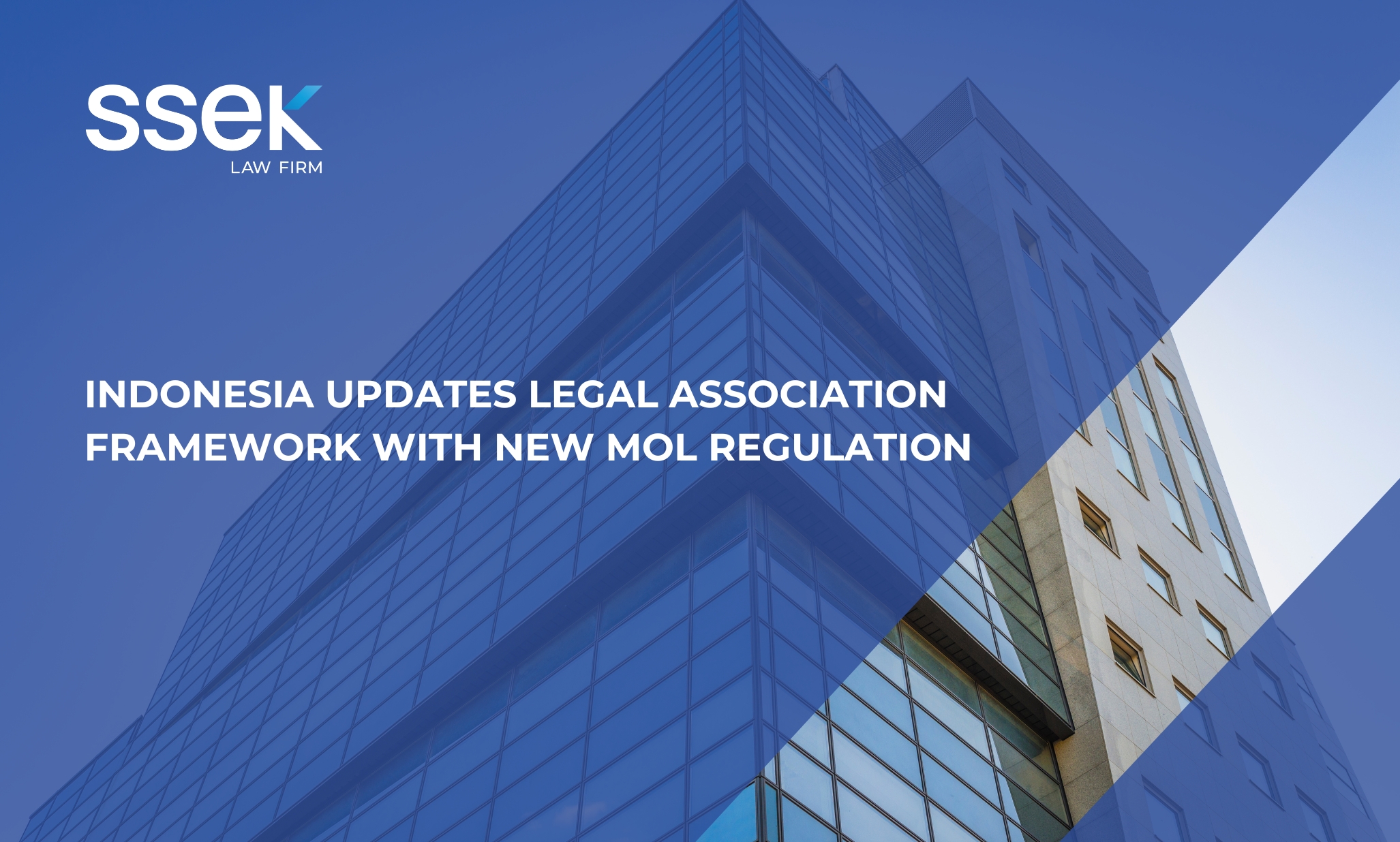

By Michael S. Carl, Andini Dewi and Bambang Dhanisworo Defamation under Indonesian law involves the issuance of a defamatory statement that causes a person to suffer harm. The term defamation is often used to encompass both slander (penistaan) and libel (penistaan dengan surat). Defamation is governed in the Indonesian Criminal Code under Chapter XVI, which covers six types of defamation. Defamation under the Indonesian Criminal Code 1. Slander or defamation (Article 310 (1) of the Criminal Code). 2. Libel or defamation in writing (Article 310 (2) of the Criminal Code). The elements that need to be fulfilled under Article 310 (1) and (2) are:
- the defamation is made intentionally to harm a person's honor or reputation
- the defamation is addressed to an individual, not a government institution, official or association, community, etc.
- the defamation needs to contain an accusation about a specific matter (e.g., deception, embezzlement, etc.), as long as it disgraces the related person and
- the defamation is made publicly.
3. Calumny is a form of libel or slander in circumstances in which the accuser knowingly/maliciously issues a false statement (Article 311 (1) of the Criminal Code). The elements that need to be fulfilled under Article 311 (1) on calumny are:
- the defendant provides a defense whereby it is stated that the reason for committing defamation was for the defense of the public interest or the necessity for self-defense, but the defense is considered inappropriate by the judge and
- this defense shall be considered as a calumny by the judge.
4. Simple defamation that does not constitute libel or slander (Article 315 of the Criminal Code). Simple defamation is defamation that does not bear the elements of slander or libel in Article 310 (1) and (2) of the Criminal Code. Based on Indonesian legal literature, the difference between defamation in Article 310 (1) and (2) and Article 315 is in the method of the defamation. Defamation will be categorized as slander or libel under Article 310 (1) and (2) if it involves an accusation about a specific matter. Simple defamation, as defined by Article 315, does not have to contain an accusation of a certain matter. It will suffice to constitute simple defamation if the defamation contains unpleasant words that are considered as insulting.[1] The following elements must be fulfilled to be charged with Article 315:
- the insult needs to be addressed to an individual, not a government institution, official or association, community, etc.
- the insult needs to be made in public, though the insulted person does not have to be present and
- if the insult is not made in public, then: (a) it must be verbal or in the form of an action, and the insulted person must see or hear the insult himself or (b) it must be in writing and addressed to the insulted person.[2]
5. Calumnious submission of charge or information to authorities (Article 317 of the Criminal Code). The elements that need to be fulfilled based under Article 317 are:
- the person who submits or causes to submit the charge must in actual fact know that the charge is false
- the charge must contain an offence against the honor or reputation of a person and
- this defamation needs to be addressed to an individual, not a government institution, official or association, community, etc.
6. Calumnious insinuation (Article 318 of the Criminal Code). The elements that need to be fulfilled under Article 318 are:
- a person must cause another person to be falsely accused of engaging in a criminal act  and
- this defamation needs to be addressed to an individual, not a government institution, official or association, community, etc.
[1]               Sugandhi, R., Op.Cit., page 335. [2]               Ibid









